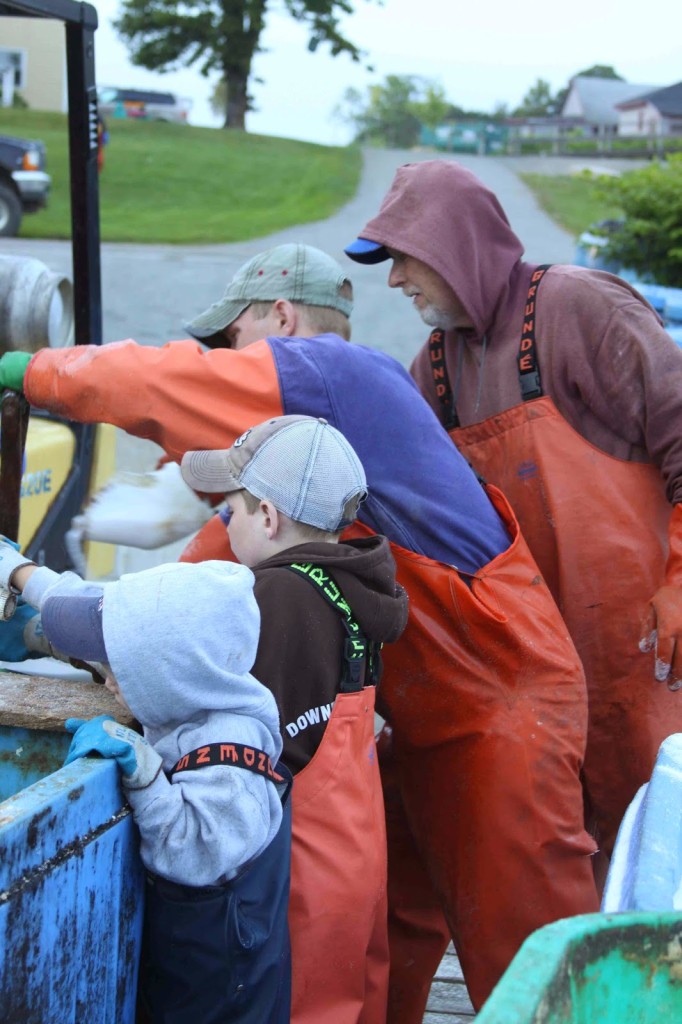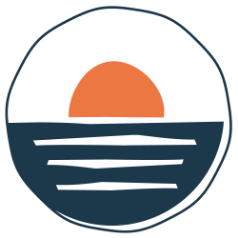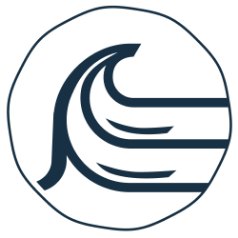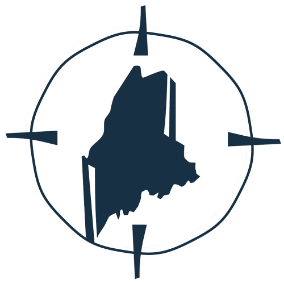WORKFORCE & TALENT DEVELOPMENT TEAM
MISSION STATEMENT
To understand the current and future workforce needs and opportunities of Maine’s marine resource economy, related to existing and new market opportunities, and to develop strategies to sustain, strengthen, and grow the workforce.
PROJECT GOALS
Important to the marine resources economy’s competitiveness and growth is the ability to match the supply of skilled workers with the workforce demand of industry. This subcommittee will identify current and future workforce needs, build on existing workforce efforts in the sector, and develop an action plan to sustain and grow the workforce for the future of the marine resource economy. This will include identifying the skills required for existing and new opportunities, ensuring current workers have the skills they need, and the sector is well positioned to attract and prepare the necessary workforce for emerging technology, new products and opportunities. This group will identify the training and skills development opportunities, the credentials of value for the industries, and ways to attract and connect talent to opportunity.

SUBCOMMITTEE REPORTS:
PRIMARY AREAS OF INTEREST
- Continued alignment with Governor’s Economic Recovery Committee
- Workforce needs of other subcommittees, especially the New Opportunities and Emerging Technologies Subcommittee
- Strategies to attract and retain workers in a post-COVID Maine
- In-demand jobs, gaps, emerging jobs
- Pathways for workers through CTE (Career/Technical Education – high school), Community College System, Universities
- Industry health and safety
- Increased investment in this sector
- Working waterfront infrastructure (including social infrastructure/coastal communities)
- Cost barriers – health care, turnover, etc.
OUTCOME:
To provide the necessary knowledge to develop a comprehensive workforce strategy(s) that supports long-term competitiveness and growth in Maine’s marine resource sector and economy and achieves the goals of the SEA Maine initiative. Maine’s existing and emerging seafood species and seafood products provide opportunities for new and expanded seafood businesses, a more diverse seafood economy, high value exports, and increased jobs and wages along the coast. This includes aligning the current and future seafood economy workforce needs with Maine’s Career and Technical Education Centers (CTE), Community Colleges and Universities, apprenticeships and other on the job training programs.
SUBCOMMITTEE MEMBERS
Anne Langston Noll (Co-Chair)
Maine Aquaculture Innovation Center
Keri Kaczor (Co-Chair)
Maine Sea Grant
Leo Waterston
Focus Maine
Holly Parker
Bowdoin College
Meggan Dwyer
Aquaculture Research Institute
Carol White
Southern Maine Community College
Jason Judd
Educate Maine
Jake Ward
University of Maine
Yvonne Thomas
Island Institute
Carissa Maurin
Gulf of Maine Research Institute
Annie Tselikis
Maine Lobster Dealers’ Association
Lia Morris
Island Institute
Alex Zipparo
Island Institute
Chris Davis
Maine Aquaculture Innovation Center
Nichole Sawyer
Washington County Community College
Dan Belyea
Maine Community College System
Christian Brayden
Maine Aquaculture Association
Armadeep Kahlon
Unity College
Scarlett Tudor
University of Maine
Carol White
SMCC


